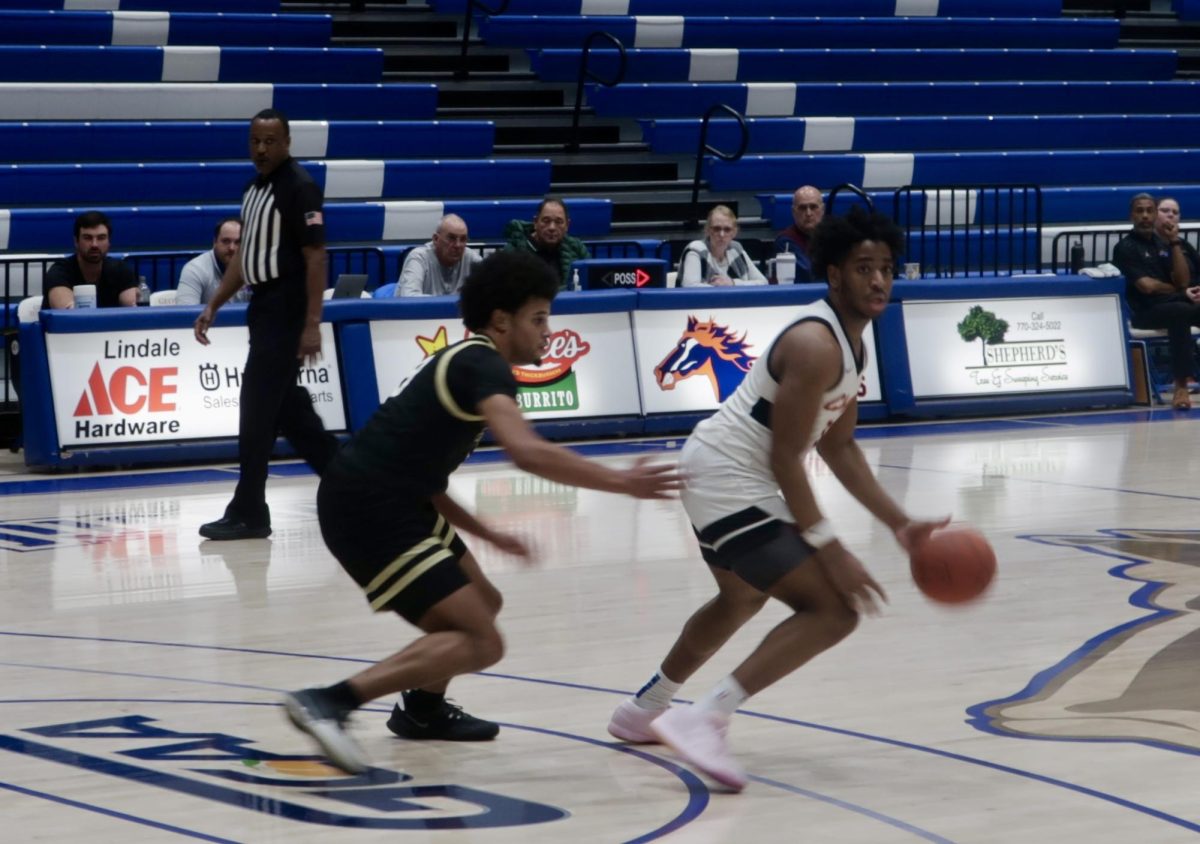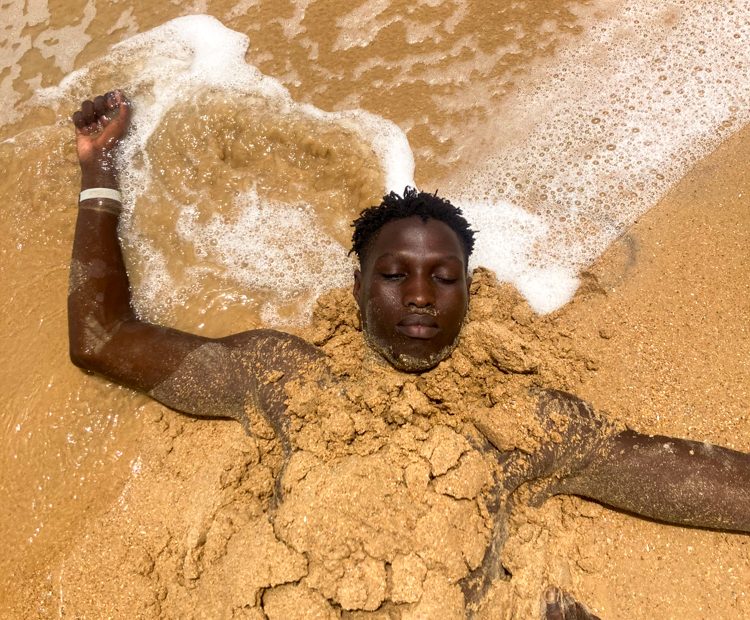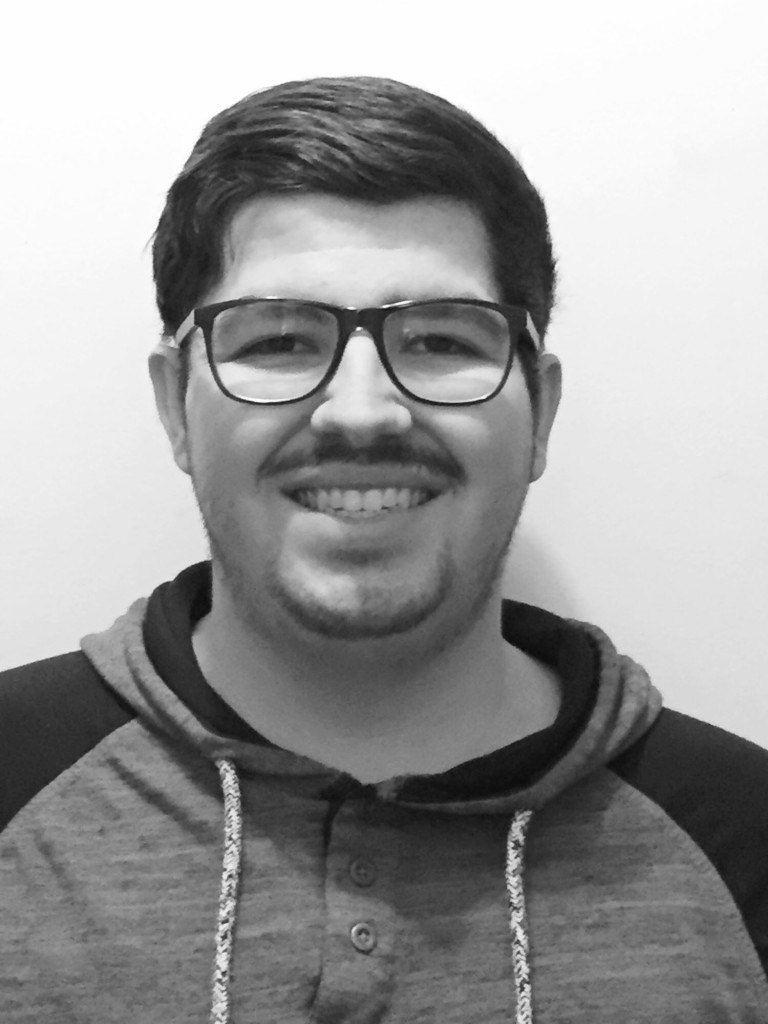Columbus Day is one of 10 federally recognized holidays, meaning federally run businesses are closed in recognition. But what does it mean to recognize Columbus Day both as an institution and as your normal, everyday per-son? Does it mean throwing on a pioneer’s hat, rounding up three sea-ready ships, and sailing off to find new land?
Most of us only know the surface level details. In 1492, Columbus sailed the ocean blue. Easy enough. He found America, interacted with the natives and called it a day. Case closed. What you may not know is that he never actually set foot in North America. While Columbus thought he was finding an al-ternate route to Asia, he end-ed up in what is now largely known as the Bahamas and Central America.
You may also be unaware of the fact that Columbus en-slaved the people he found, executed some of them without trial and ran this “new” land in a way that was considered criminal even in his time. In fact, in 1499 the Spanish government arrested Columbus, extradited him back to Spain and removed his title as governor.
So, why do we even celebrate Columbus Day? The holiday was first adopted as early as 1792 by the Society of St. Tammany in New York to celebrate the 300th anniversary of Columbus’ first landing. In 1892, President Benjamin Harrison urged the country to adopt it as a national holiday. The rest is history.
Perhaps we glance over the atrocities committed by Columbus because these celebrations were established when the rights of indigenous peoples were still not a priority for most Americans. But now society has evolved, and we find ourselves more conscious and moral. We shouldn’t stay so old-fashioned.
Some states and cities have pushed to celebrate October 12 as Indigenous People’s Day instead. Among these are our neighbors to the south, Florida, and a single city in Georgia: South Fulton. They argue we are advanced enough as a society to stop celebrating historical transgressions. This is the same reasoning used to bring down so many confederate monuments in 2017.
In the end, they’re right.What does it mean to recognize and celebrate Columbus Day? It means to come together as a country to memorialize a man who had little regard for the rights of native peoples. A man who both committed and confessed to crimes when tried by the very people who supported him.
To celebrate Indigenous People’s day instead is to recognize those who lived here before the colonists decided it would be their home, to celebrate those original Americans and their native cultures. As GHC students, I think we can all agree everyone should be recognized for their value, and no voice should go unheard. If that’s what it means to celebrate Indigenous People’s Day, consider it my new favorite holiday.
































































